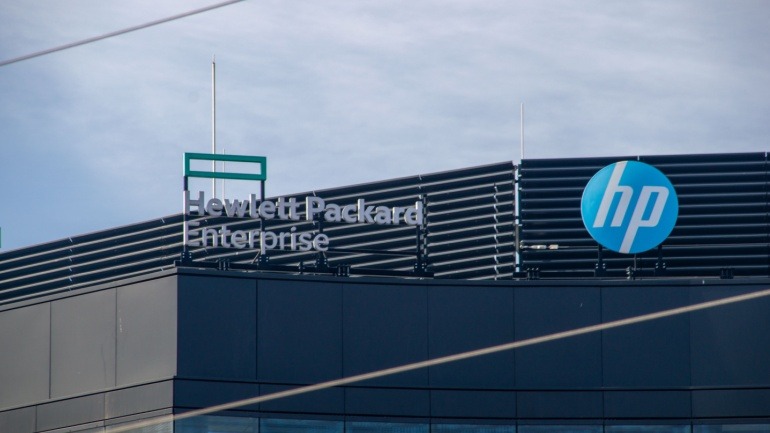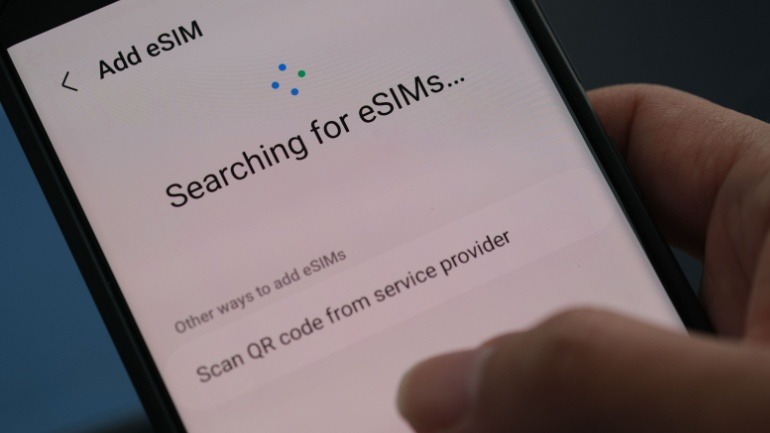The UK’s Competition and Markets Authority (CMA) has initiated an investigation into Hewlett Packard Enterprise’s (HPE) proposed multi-billion-dollar acquisition of Juniper Networks. This initial phase of the probe, announced on Wednesday, aims to determine if the merger could lead to a significant reduction in competition within the UK market for goods or services.
While this investigation was anticipated, its current phase is preliminary, and there’s no immediate cause for concern. Nonetheless, given the CMA’s history of influencing major tech deals, the outcome of this probe warrants attention.
HPE declared its intent to purchase Juniper Networks for $14 billion in January, targeting completion by late 2024 or early 2025, contingent on regulatory approvals. The CMA’s scrutiny could potentially affect this timeline. Interested parties have been invited to submit their comments by July 3, with the CMA expected to decide by August 14 whether to escalate the investigation to a more in-depth phase two.
Predicting the investigation’s outcome is challenging due to the overlap in HPE and Juniper’s businesses and product lines. Analysts from Dell’Oro noted that the merger’s short-term impact on enterprise market share would be minimal, estimating a revenue overlap of up to 24% for the first three quarters of 2023. However, the merger would significantly bolster HPE’s position in the networking sector, with strategic advantages aimed at challenging Cisco and enhancing HPE’s AI capabilities.
HPE emphasized the merger’s potential to double its networking business and present a robust new option for customers. CEO Antonio Neri highlighted the deal’s alignment with macro-AI trends and its promise to innovate and bridge AI-native and cloud-native worlds, projecting significant shareholder value. His remarks were crafted to address various stakeholder concerns and emphasize the strategic benefits of the acquisition.
As the CMA’s investigation progresses, HPE and Juniper are expected to continue efforts to allay competition concerns, aiming to prevent a more exhaustive phase two investigation.







